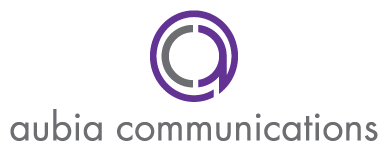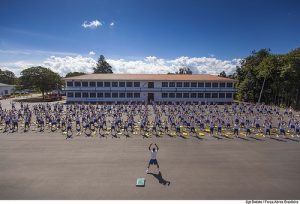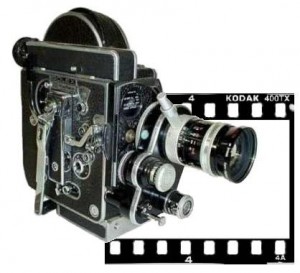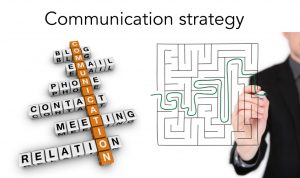 In October, the Aubia Communications Blog will focus on social media. I start with this post about the power and reach of social media, followed by the importance of creating a social media strategy, and finishing up with a post on running a social media campaign.
In October, the Aubia Communications Blog will focus on social media. I start with this post about the power and reach of social media, followed by the importance of creating a social media strategy, and finishing up with a post on running a social media campaign.
In the spring of 2011, social media made its mark on history. In years before, social media was a growing curiosity. With platforms like MySpace and Facebook founded in the early 2000s, social media grew stronger and more powerful throughout the new millennium. What began as a personal means to stay in touch with friends and family gave way to new business models and communication strategies. Then, the Arab Spring changed how we would view the new technology forever.
A social media-powered revolution
In December 2010, a fruit vendor set off a wave of dissent in the Middle East when he set himself on fire in protest of the Tunisian government. His bold action would spread across the Arabic world due to social media sharing and create revolutions that toppled corrupt and overbearing governments.
When the younger generations of places like Tunisia, Egypt and Libya took to their computers and mobile devices, they led one of the most surprising and well-orchestrated revolutions in history. Demanding rights, such as freedom from human rights violations and access to better economic conditions, the people took to the streets in protest. Meet-ups were formed through social media channels, like Twitter, and thousands formed powerful and effective demonstrations that forced old leaders out, making room for new ruling structures.
The old regimes weren’t prepared for the blow social media dealt. They weren’t on these platforms, and they never anticipated the organizing power Facebook, Twitter, Instagram and other social media networks would give their citizens. They were left behind, struggling to understand how the mighty had fallen.
The revolution continues
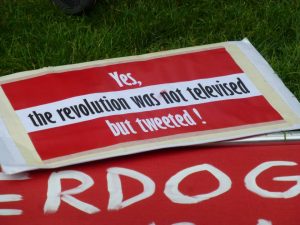 This past summer I was visiting Amsterdam when I stumbled across a protest in a local park. A group of Turkish citizens had organized a march in support of the ongoing anti-government protests in Turkey. One of the signs used by the protesters read “Yes, the revolution was not televised but tweeted!” In reference to the Turkish media not covering the protests, the people were effectively spreading the word and organizing through social media. Once again, leaders uninformed and dismissive of the social media revolution failed to expect the power it gives people uniting in a common cause.
This past summer I was visiting Amsterdam when I stumbled across a protest in a local park. A group of Turkish citizens had organized a march in support of the ongoing anti-government protests in Turkey. One of the signs used by the protesters read “Yes, the revolution was not televised but tweeted!” In reference to the Turkish media not covering the protests, the people were effectively spreading the word and organizing through social media. Once again, leaders uninformed and dismissive of the social media revolution failed to expect the power it gives people uniting in a common cause.
Making its way across continents, the social media revolution has now entered Brazil where platforms were used to demand lower costs for public transportation. Unlike the Arab Spring, protests in Brazil aren’t just aimed at the government but at a variety of organizations. Also different from the Arab Spring, the Brazilian government is taking notice of social media. Instead of dismissing or just outright trying to block it, Brazilian leaders are monitoring and interacting online with citizens. They’ve learned from the mistake of other regimes how powerful these platforms can be in organizing citizens.
These revolutions may not have been started because of social media, but they certainly have gained momentum and stability due to the organizing power provided by these platforms. With the ability to topple dictatorships, social media is a valuable tool not only in the political world but in the business realm as well. Businesses are increasing profits, market share and customer trust like never before just through their social media strategies. What social media strengths could you put to work for your business? Join me next week when I discuss how to put a social media strategy in place.
photo credit: Interact Egypt – Play Innovation via photopin cc
